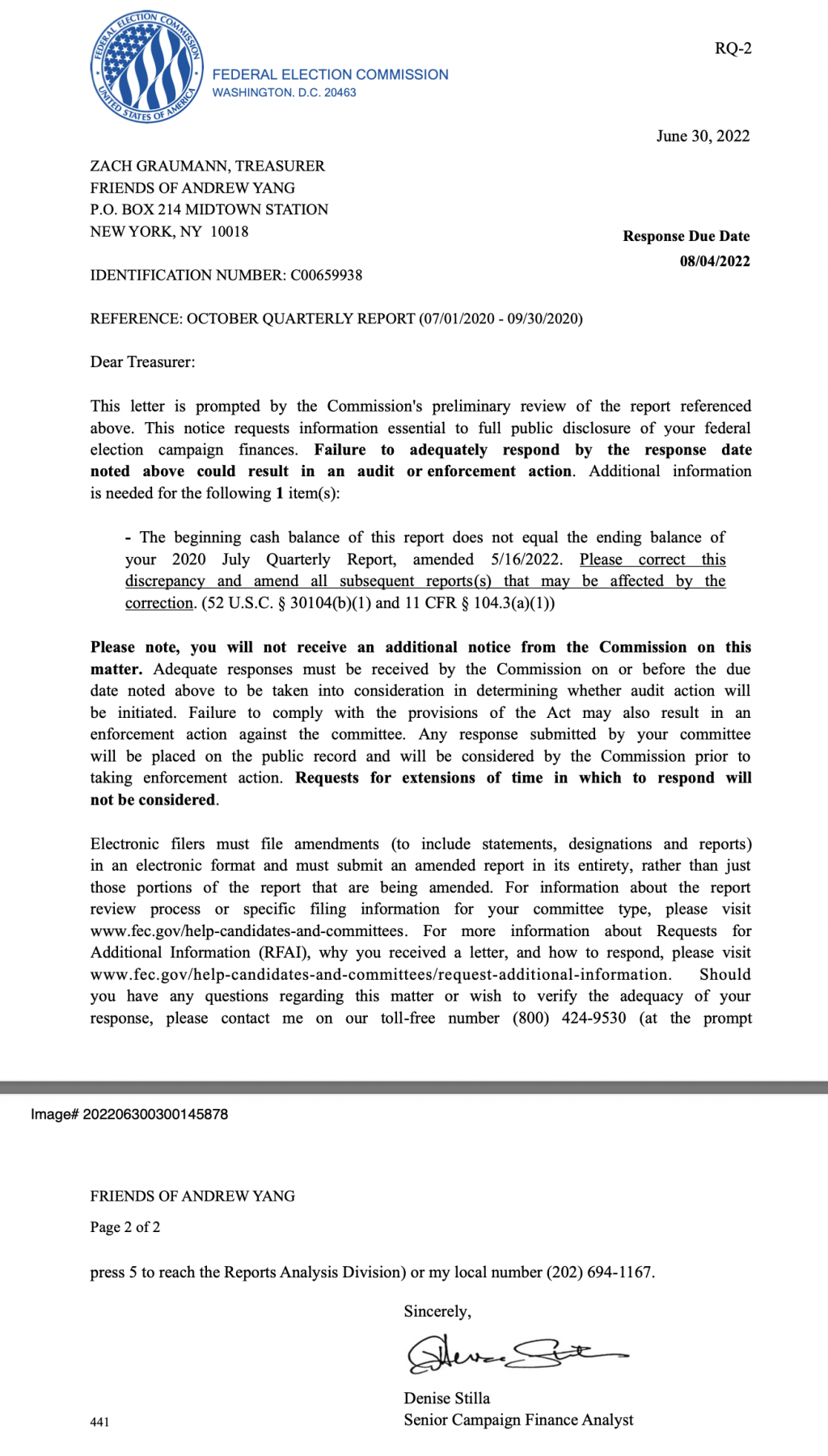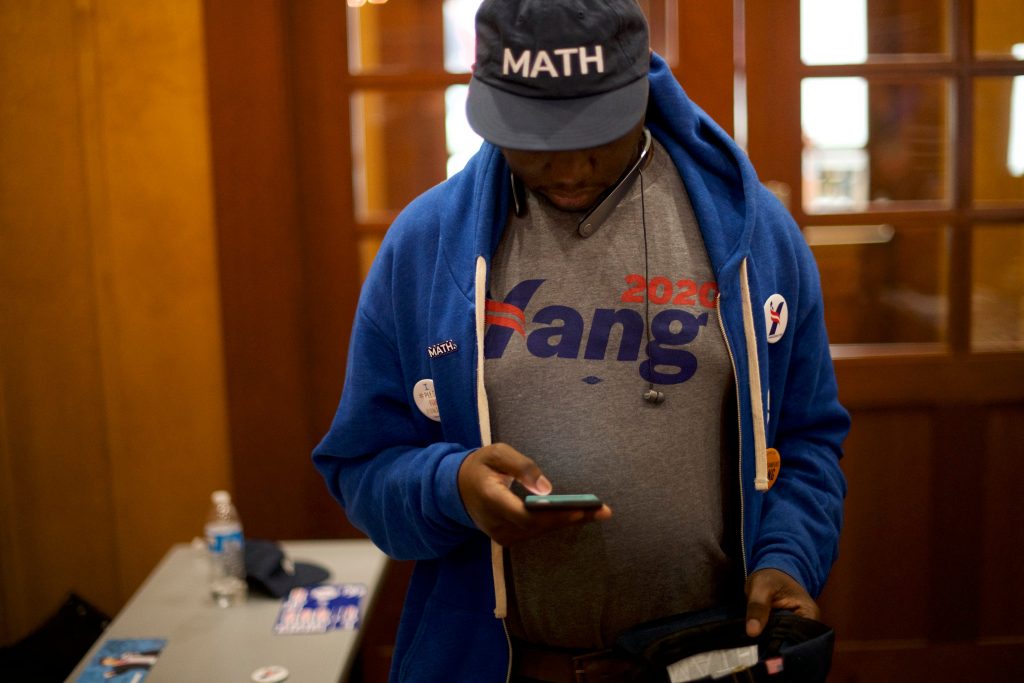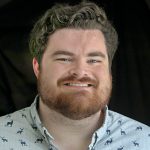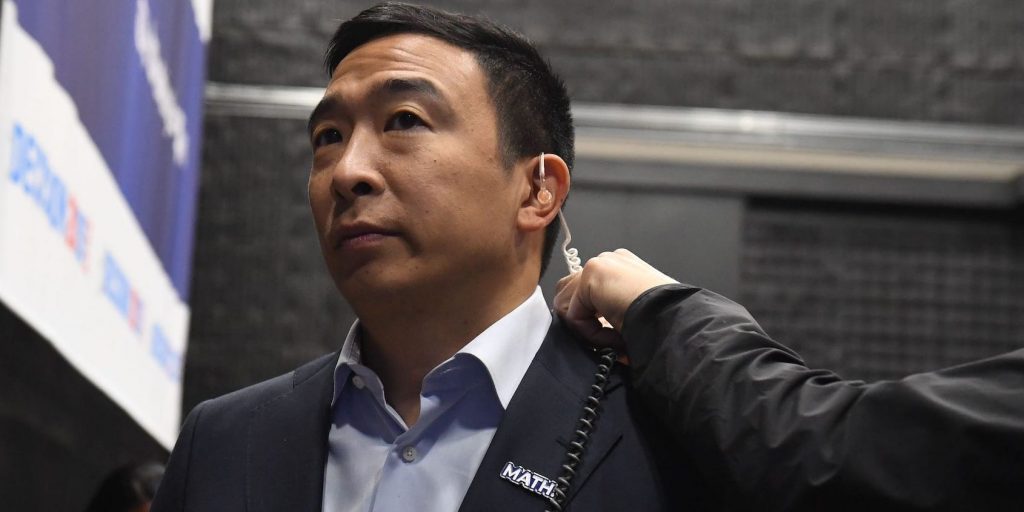- Andrew Yang's 2020 presidential campaign committee still owes money.
- A Federal Election Commission letter put the tab at more than $190,000.
- Since running unsuccessfully for mayor of New York City, Yang started a third party.
Andrew Yang's 2020 presidential committee often summed its campaign up in a single word: "MATH."
But the Federal Election Commission, which regulates and enforces the nation's campaign finance laws, is questioning Yang's addition skills.
"Your report discloses a negative ending cash balance of $190,861.62," a June 30 letter to the Yang campaign states. "This suggests that you have overdrawn your account, made a mathematical error, or incurred a debt."
The Yang campaign, which did not return Insider's request for comment, has until August 4 to respond to the agency.

Another FEC letter warned the Yang campaign that their beginning cash balance in the latest financial report does not match the ending balance from July 2020, which could result in an audit.
Yang's presidential committee still operates a merchandise page, selling T-shirts with a picture of him from 1992 and the classic "MATH" hats, which stands for "Make America Think Harder" and served as a pointy-headed counterpoint to Donald Trump's "Make America Great Again" slogan. (Yang's "Forward Chopsticks," however, were sold out as of Friday morning.)

Yang, who ran for president as a Democrat but is now leading a third party supporting ranked choice voting and open primaries, followed his longshot presidential bid with a failed mayoral run in New York City, where he finished in fourth place in the Democratic primary despite starting out as the frontrunner.
His "Forward Party" has taken a different approach than other attempts at a national third party.
Instead of trying to get on the ballot across all 50 states and establish a caucus in Congress, Yang's primary goals with the outfit have been to promote ranked choice voting and open primaries to break up what he describes as the "duopoly" of Republicans and Democrats.
Specifically, Yang argues that the current "closed" primary system in most states — with the exception of some he sees as better models, such as Alaska — leaves voters with more ideologically extreme options from the two parties because only registered Democrats and Republicans get to pick who goes on the ballot.
Dit artikel is oorspronkelijk verschenen op z24.nl

